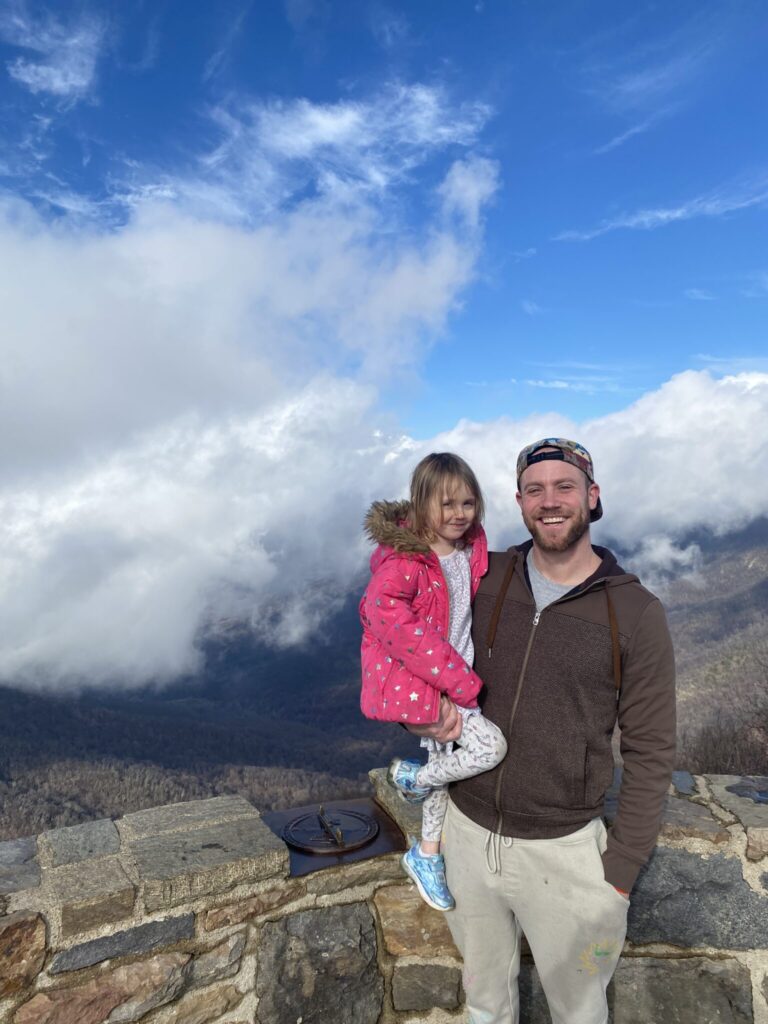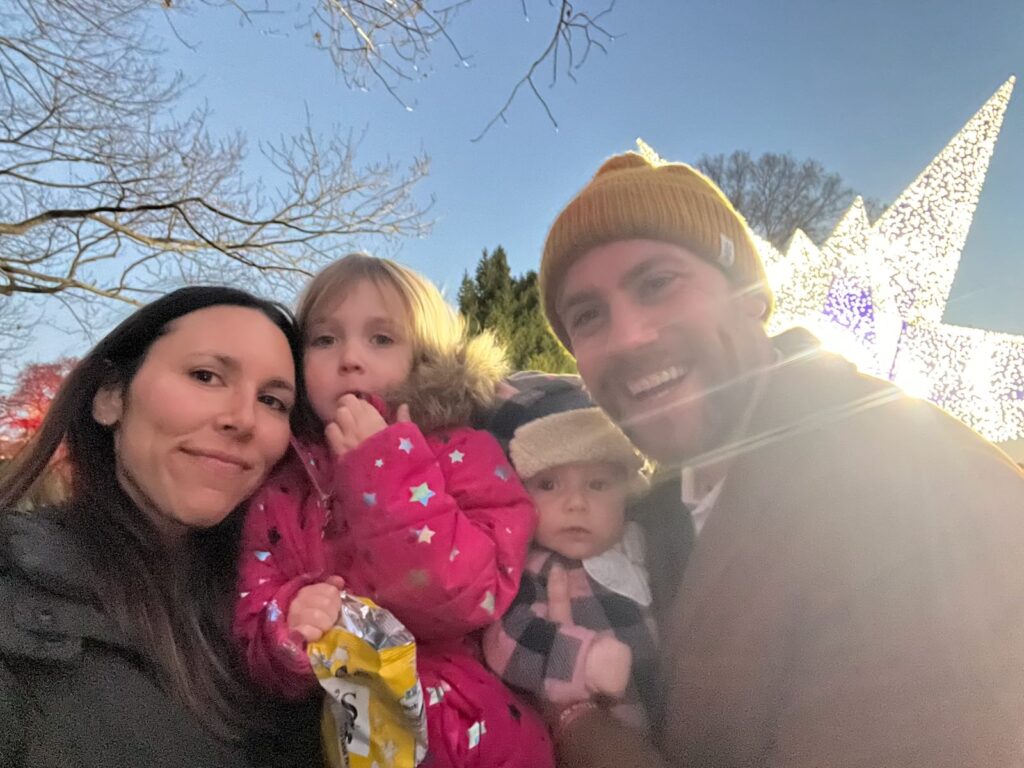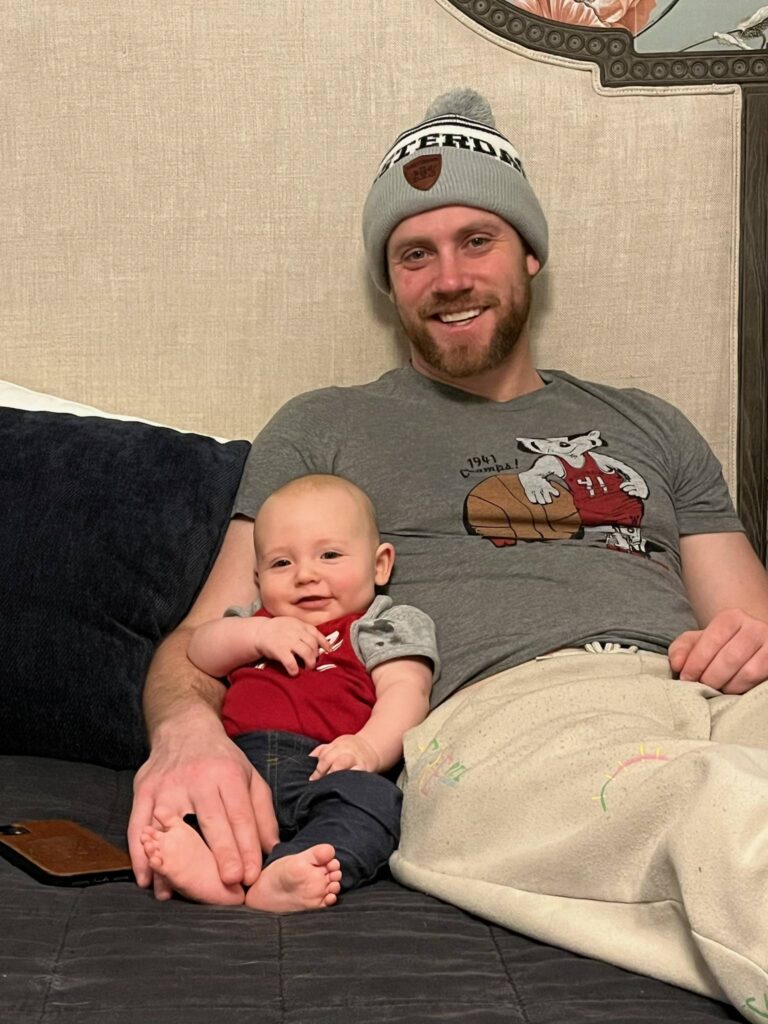Dr. Samuel Finesurrey: Samuel.finesurrey@guttman.cuny.edu
Spring 2024
Class: Mondays/Wednesdays 8:00-9:30 AM (YIKES!!!)
Office Hours: Mondays 12:45-1:45 & Wednesdays 9:30-10:30
Open Educational Resource & Zero Textbook Cost Course
Dr. Samuel Finesurrey: Samuel.finesurrey@guttman.cuny.edu



Student Learning Outcomes:
This course will explore the movements, events, moments, and people who created the city we live in and work in today. The course focuses on breaking traditional historical narratives that trace the wealthy and political class throughout New York’s history by uplifting the voices of a diverse array of immigrants, migrants, and working-class people who enable the city to operate as well as the movements that made New York what it is today.
Students will analyze the history of diverse groups who helped create U.S. cities and evaluate their accomplishments and the structures that framed their respective experiences.
Students will learn to identify historical patterns that shape and reshape hierarchies, struggles, challenges and triumphs for diverse groups of urban dwellers.
Students will be able to illustrate both the evolution of U.S. cities overtime and explain the development of a myth-making by urban elites often whitewashing the more shameful elements of that history.
Students will build their academic writing skills by proposing a research question, creating an outline to organize an essay around a thesis, topic sentences and quotes from the interviews of their peers, before writing a final research paper based on the knowledge produced by themselves and their classmates.
Students will acquire professional communications skills by participating as an interviewer for the oral history project.
Diversity Statement
Diversity at Guttman spans an incredible range of racial, national, ethnic, sexual, gender, linguistic, socioeconomic, and disability dynamics. In this course, from conversations about black and immigrant struggles for liberation, to examinations of movements for women’s, workers’ and gay rights, and with an oral history project that looks to uplift voices too often silenced by exploitative structures, we are deeply dependent on the rich range of backgrounds at Guttman. In this classroom I will ask you to think about your own experience and those of your elders and classmates to challenge and complicate dominant discourses and contribute to understandings of our collective history.
Accessibility Statement
I know people learn in all different types of way. I still struggle with ADD today, but have created structures — ways of staying organized and on task — to accommodate the way my brain is wired. If you need any accommodations please utilize the office of accessibility and let me know how I can help. The primary goal for me is that you’re able to achieve the course learning outcomes. I’m willing to work with you in whatever ways its takes to attain that.
NOTE: The syllabus may change if the instructor feels it will improve how the class operates.
Weekly Schedule – All work will be due Sundays at 11:59 PM
Sunday 3/3: No Work
Monday 3/4: Introductions, Evaluate Grading System, Quiz on Where we’re at.
Wednesday 3/6: Oral History Part One (One Interview Per Person)
Sunday 3/10: Assignment One – Native Cities and European Contact Native Cities
Monday 3/11: Native Cities and European Contact
Wednesday 3/13: Oral History Scripts
Sunday 3/17: Assignment Two – Race and Slavery in the American Colonies
Monday 3/18: Oral History Project/Work on Assignment 3 or 4/One-on-One Review Notes
Wednesday 3/20: Race and Slavery in the American Colonies
Sunday 3/24: Assignment Three – Urban Slavery Through the Civil War & Assignment Four — Early Immigrants Sometimes Without Moving Alter Urban Landscapes
Monday 3/25: Urban Slavery Through the Civil War
Wednesday 3/27: Early immigrants Alter Urban Landscapes
Sunday 3/31: Assignment Five – New Others to American Cities
Monday 4/1: New Others to American Cities
Wednesday 4/3: NO CLASS
Sunday 4/7: Oral History Part Two: The Interview & Assignment Six – The Great Migration and Great Depression
Monday 4/8: Introduction to Transcription & One-on-Ones
Wednesday 4/10: Create Rubric for Response Paper
Sunday 4/14: Oral History Part Three: Transcript
Monday 4/15: Southern Manhattan Tour
Wednesday 4/17: Intro to Oral History Part IV/Response Paper
Sunday 4/21: Draft of Response Paper Due
Monday 4/22: Spring Break
Wednesday 4/24: Spring Break
Sunday 4/28: No Work
Monday 4/29: No Class
Wednesday 5/1: Syllabus Changes/Introduce Oral History Part IV/Modern Movements & One on Ones Historical Fiction Paper
Sunday 5/5: Assignment Seven – WWII on the Urban Home Front and the Civil Rights Movement
Monday 5/6: Syllabus Changes/Introduce Oral History Part IV/Modern Movements & One on Ones Historical Fiction Paper
Wednesday 5/8: The Great Migration and Depression
Sunday 5/12: Final Historical Fiction Paper Due
Monday 5/13: Introduction to Modern Movements Project — Find Local Movement/Organization
Wednesday 5/15: Field Study
Sunday 5/19: Oral History Outlines Due
Monday 5/20: Modern Movements Project Research/Oral History Part V Intro & Outlines 1-on-1
Wednesday 5/22: WWII on the Urban Home Front and the Civil Rights Movement
Sunday 5/26: Work on Final Projects
Monday 5/27: College Closed
Wednesday 5/29: Oral History Final Project
Sunday 6/2: Oral History Part Five Due
Monday 6/3: Final Exam Review/Exam Structure Creation
Wednesday 6/5: Modern Movements Presentation
TBD: Final Exam
GRADING
| A+ | 4.0 | 97-100% |
| A | 4.0 | 93-96.9% |
| A- | 3.7 | 90-92.9% |
| B+ | 3.3 | 87-89.9% |
| B | 3.0 | 83-86.9% |
| B- | 2.7 | 80-82.9% |
| C+ | 2.3 | 77-79.9% |
| C | 2.0 | 73-76.9% |
| C- | 1.7 | 70-72.9% |
| D+ | 1.3 | 67-69.9% |
| D (passing) | 1.0 | 60-66.9% |
| F | 0 | 0-59.9% |
| NC* | Not calculated | 0-59.9% |
Weekly Assignments (325 Points): Nearly every week there will be notes and often a response question you will be required to submit on the field trips. The notes will be submitted via assignments on Blackboard. YOU WILL SUBMIT ALL THE MATERIALS IN A SINGLE FILE.
Notes for Readings/Videos: 175 Points (25 Points x 7 Weeks)
How to Take Good Notes:
- Take notes in your own words. Do not use my words or those of your classmates.
- Organize your notes in an outline, not a paragraph format.
- Organize your notes with captions or subheadings.
- Focus on what’s most important rather than taking notes on everything.
- Make sure key names and events are covered in your notes.
- Make sure you have notes for the entire video and reading, not just the first half.
| A | B | C | D | F |
| An original outline with captions and subheadings focusing on important names and events covering the entire assignment. Exceeding expectations through explaining/adding original concepts, patterns, questions and ideas derived from the material. | An original outline with captions and subheadings focusing on important names and events covering the entire assignment. | An outline with captions and subheadings focusing on important names and events covering the entire assignment. | An outline focusing on important names and events covering part, but not all of the assignment. | Do something related to the assignment. |
Reflections for Field Trips: 150 Points (Draft (30)/Final(120)
Oral History Project: Voices from the Heart of Gotham (300 Points): You will conduct an oral history with someone in your social network (a family member or friend) on a range of subjects selected by the class. Each student will be required to record and submit an interview on their phone of at least 15 Mins.
Ideally, you would find someone willing to donate their oral history to the Voices from the Heart of Gotham: Undergraduate Scholars Oral History Collection at Guttman Community College. This can be one of your classmates, one of your family members, a community member, or a friend.
IF YOU ARE UNCOMFORTABLE DONATING YOUR ORAL HISTORY, PLEASE TELL ME. YOU DO NOT HAVE TO ADD YOUR INTERVIEW TO THE PUBLIC COLLECTION.
IF YOU ARE UNCOMFORTABLE DOING THE ORAL HISTORY ASSIGNMENT AT ALL PLEASE LET ME KNOW AND WE WILL CREATE AN ALTERNATIVE ASSIGNMENT.
Part One: 20 Points
Part Two: 65 Points
Part Three: 65 Points
Part Four: 50 Points
Part Five: 100 Points
Modern Movements Presentation (200 Points)
In Class Final Exam (175 Points): Open Notes
Additional Information
Office Hours: Office hours can be virtual, but I will be on campus during my office hours so either way works.
Plagiarism: If you have a question about whether something is plagiarism, always err on the side of caution, or come and ask the professor if it is okay. With new technology like ChatGPT, the rules of cheating are in flux, which makes it even more important to check in with your professors about what’s okay and what’s not okay. Getting caught cheating can negatively impact your grade and your academic career dramatically.
Late Assignments: You will lose a letter grade every week that an assignment is late. Everything except the final exam is revisable for a better grade.
Questions: If you ever need clarification or have a question about anything, please do not be afraid to ask me. I will return your text or email within 24 hours. I can almost guarantee that turnaround will be quicker however, there will be times this semester when I may not have access to the internet.
Problems With Course: If you have a problem with the materials, assignments, or the way the course I am teaching the course, please let me know at your earliest convenience. I am good at taking criticism and more than anything want this class to be as enjoyable an experience as possible for you and your classmates.
Mental Health/Personal Issues: If you are feeling overwhelmed by your schoolwork or life outside of Guttman and it is impacting your grades, please inform your professors that you’re facing some challenges and ask about Guttman resources to support you. We have wonderful mental health professionals at the College and the Connect Center in the basement can help out with anything from groceries to emergency housing. The college cannot support you if we do not know you need assistance.


